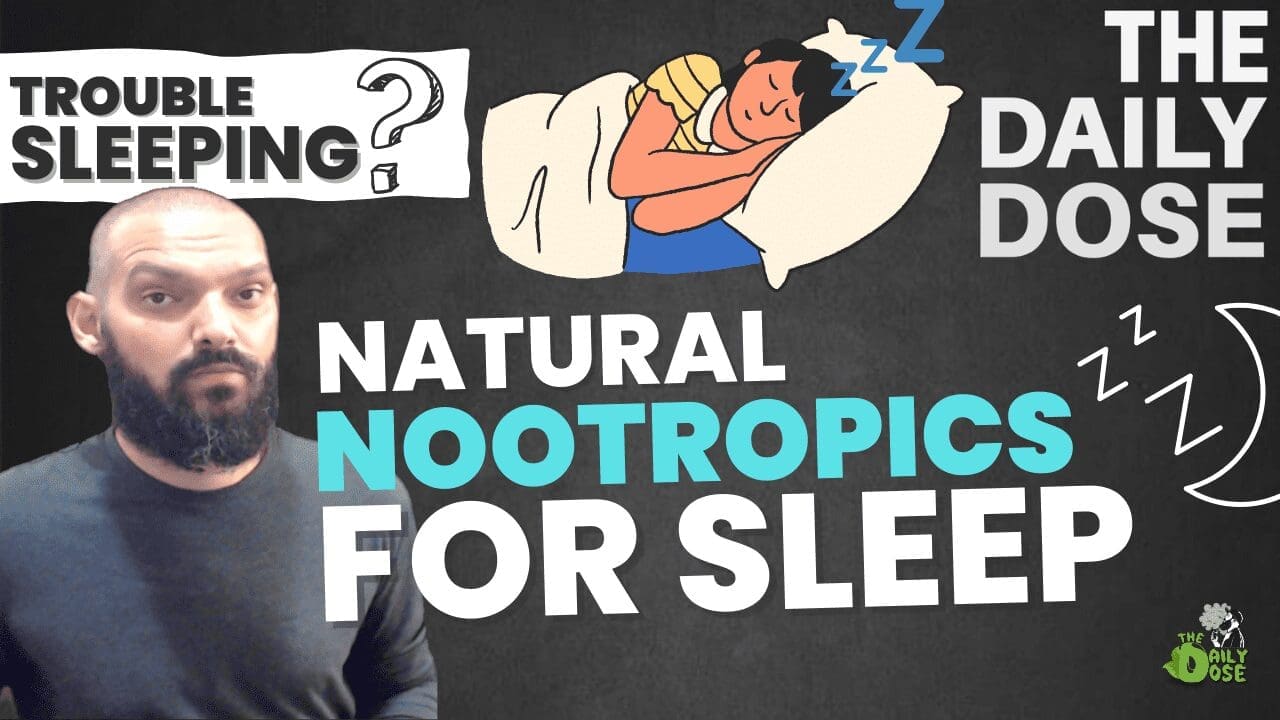How Nootropics Aid Sleep
Key Take Away
- GABA Activation: Some nootropics increase the activity of GABA, a neurotransmitter that promotes relaxation and can therefore aid in improving sleep quality by reducing neuronal excitability.
- Circadian Rhythm Regulation: Nootropics like Melatonin can help regulate the body’s circadian rhythms, effectively managing sleep disorders and ensuring a regular sleep-wake cycle.
- Stress and Anxiety Reduction: Certain nootropics have adaptogenic effects, reducing stress and anxiety levels, which are often significant contributors to sleep disturbances.
- Enhanced Sleep Quality: Nootropics such as Magnesium can improve sleep quality by relaxing muscles and nerves, leading to deeper and more restorative sleep.
- Cognitive Function Support During Sleep: By supporting brain functions like memory consolidation and waste clearance during sleep, nootropics not only aid sleep but also enhance the cognitive benefits derived from proper rest.
Introduction:
Discover the benefits of using nootropics to improve your sleep quality. Learn about the different types of nootropics, their mechanisms of action, and how to use them to optimize your sleep.
Sleep is one of the most important aspects of maintaining good health and well-being. Yet, many people struggle with getting a good night’s sleep due to stress, anxiety, or other factors. This is where nootropics come in. Nootropics are a class of supplements that can help improve cognitive function, including the ability to sleep better.
In this article, we will explore how nootropics can help you sleep better and the best ways to incorporate them into your sleep routine.
SUMMARY
Nootropics can significantly aid sleep by enhancing GABA activity, regulating circadian rhythms, reducing stress and anxiety, improving sleep quality, and supporting cognitive functions during sleep. However, their efficacy and safety may vary based on individual health conditions and interactions with other substances.
Understanding Nootropics and their Mechanisms of Action
Nootropics, also known as cognitive enhancers, are natural or synthetic substances that can improve cognitive function, including memory, creativity, and focus. Nootropics work by affecting various neurotransmitters, enzymes, and other chemicals in the brain that are involved in regulating cognitive processes. When it comes to sleep, this is how nootropics aid sleep and can help by:
• Reducing stress and anxiety levels • Promoting relaxation and calmness • Improving sleep quality and duration • Regulating the sleep-wake cycle
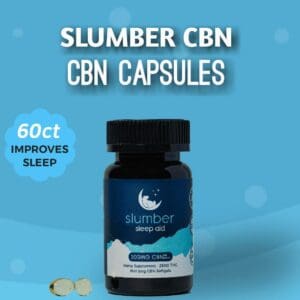
Types of Nootropics for Better Sleep
There are various types of nootropics that can help improve sleep quality. Some of the most popular ones include:
- Magnesium: Magnesium is an essential mineral that plays a crucial role in regulating the nervous system and promoting relaxation. It can also help reduce stress and anxiety levels, which can interfere with sleep.
- GABA: Gamma-Aminobutyric acid (GABA) is a neurotransmitter that inhibits certain brain activities, leading to relaxation and calmness. GABA supplements can help promote better sleep by reducing anxiety and inducing relaxation.
- Melatonin: Melatonin is a hormone that regulates the sleep-wake cycle. It is produced naturally by the pineal gland in response to darkness and helps promote sleepiness. Melatonin supplements can help improve sleep quality and duration, especially in people with sleep disorders.
- L-Theanine: L-Theanine is an amino acid that is commonly found in green tea. It can help promote relaxation and reduce stress levels, making it an effective nootropic for improving sleep quality.
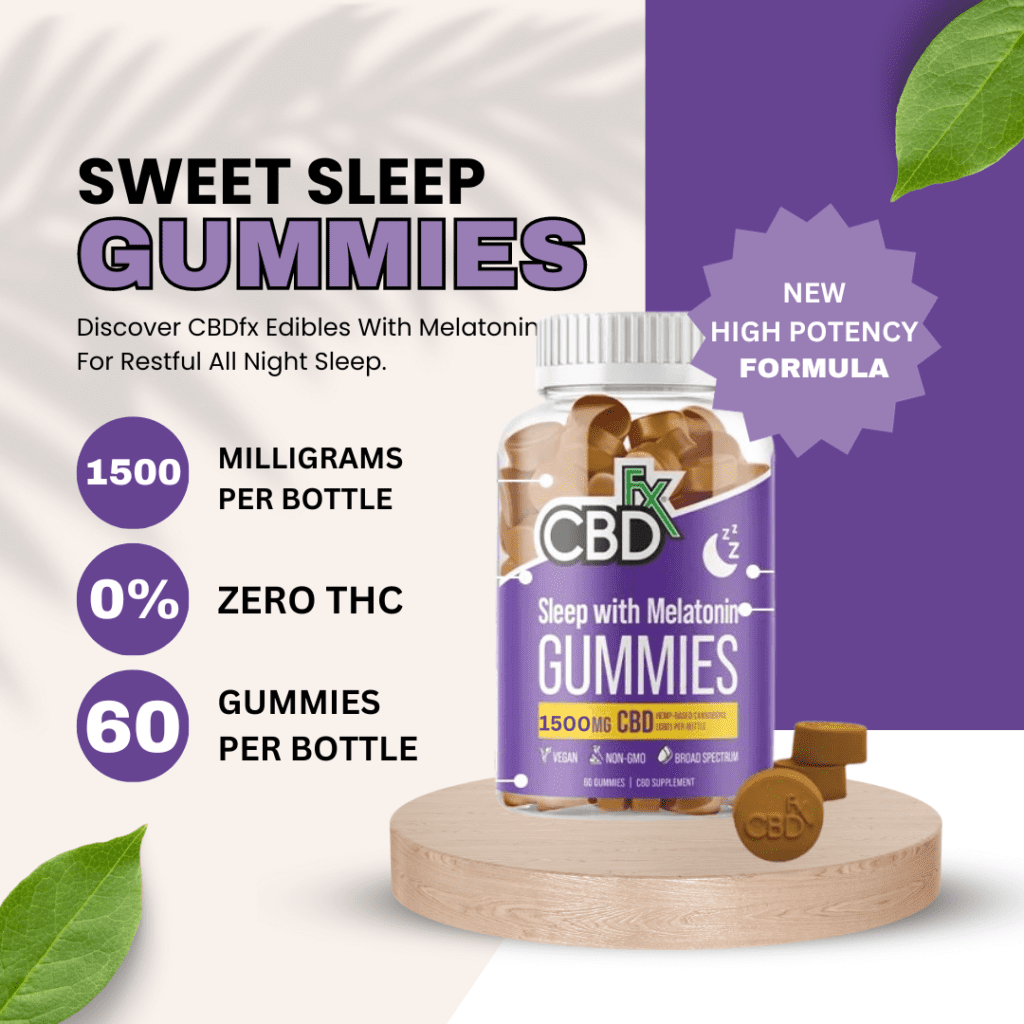
How to Incorporate Nootropics into Your Sleep Routine
If you’re interested in using nootropics to improve your sleep quality, here are some tips to help you get started:
- Consult with a healthcare professional: Before starting any new supplement, it’s important to consult with a healthcare professional to ensure it’s safe and effective for you.
- Start with a low dose: Begin with a low dose of the nootropic and gradually increase it as needed. This can help minimize the risk of side effects.
- Take the nootropic at the right time: Some nootropics, such as melatonin, should be taken at specific times to maximize their benefits. Be sure to read the label and follow the instructions carefully.
- Combine with other sleep-promoting habits: Nootropics work best when combined with other healthy sleep habits, such as avoiding caffeine and electronics before bed, sticking to a consistent sleep schedule, and creating a comfortable sleep environment.
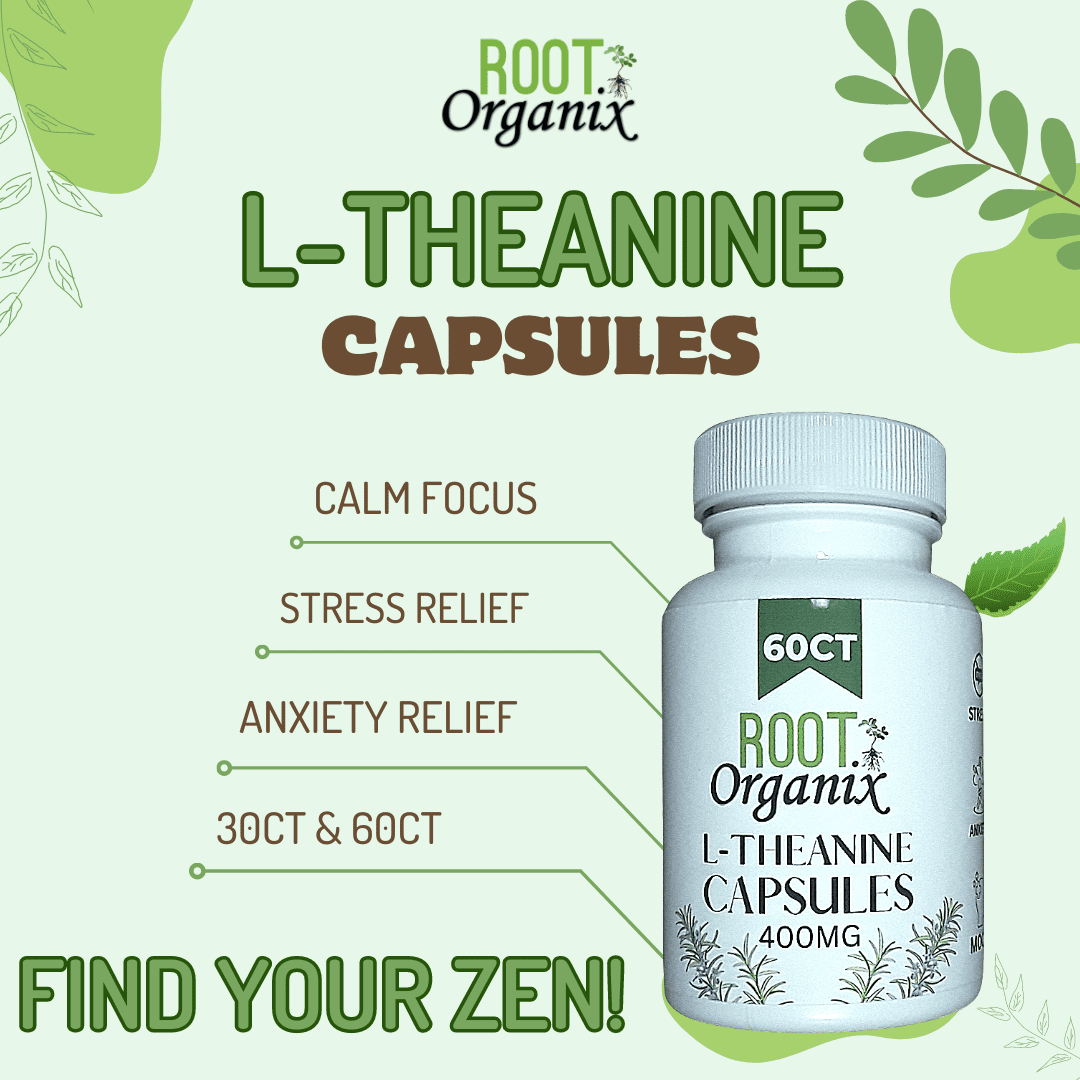
Nootropics, are often referred to as “smart drugs” or cognitive enhancers, are substances that can improve cognitive function, particularly executive functions, memory, creativity, or motivation, in healthy individuals.
While they are primarily known for their cognitive-enhancing effects, certain nootropics also possess qualities that can aid in sleep, either directly by promoting relaxation and sleepiness or indirectly by improving sleep quality and regulating sleep patterns. Here’s how nootropics can aid sleep:
- Regulating Circadian Rhythms: Certain nootropics can help in regulating the body’s internal clock or circadian rhythm, which is crucial for determining sleep patterns. For example, Melatonin is a hormone that your body naturally produces in response to darkness. It’s often used in supplement form as a nootropic to help manage sleep disorders, such as insomnia or jet lag, by signaling to the body that it’s time to sleep, thus regulating the sleep-wake cycle.
- Reducing Stress and Anxiety: Some nootropics have adaptogenic properties, meaning they help the body adapt to stress and exert a normalizing effect upon bodily processes. By reducing stress and anxiety, these substances can make it easier to fall and stay asleep. An example is Ashwagandha, which is known to reduce cortisol levels (a stress hormone) in the body, thereby promoting relaxation and better sleep.
- Improving Sleep Quality: Nootropics can enhance the quality of sleep by increasing the duration of deep sleep stages, making the sleep more restorative. Magnesium, for example, is a mineral that’s often used as a nootropic due to its ability to relax muscles and nerves, which can lead to improved sleep quality.
- Enhancing Cognitive Function During Sleep: Sleep is crucial for cognitive function, as it’s the time when the brain consolidates memories and clears out waste. Certain nootropics may improve the brain’s ability to perform these functions during sleep, thereby not only aiding the sleep process itself but also enhancing the cognitive benefits derived from sleep.
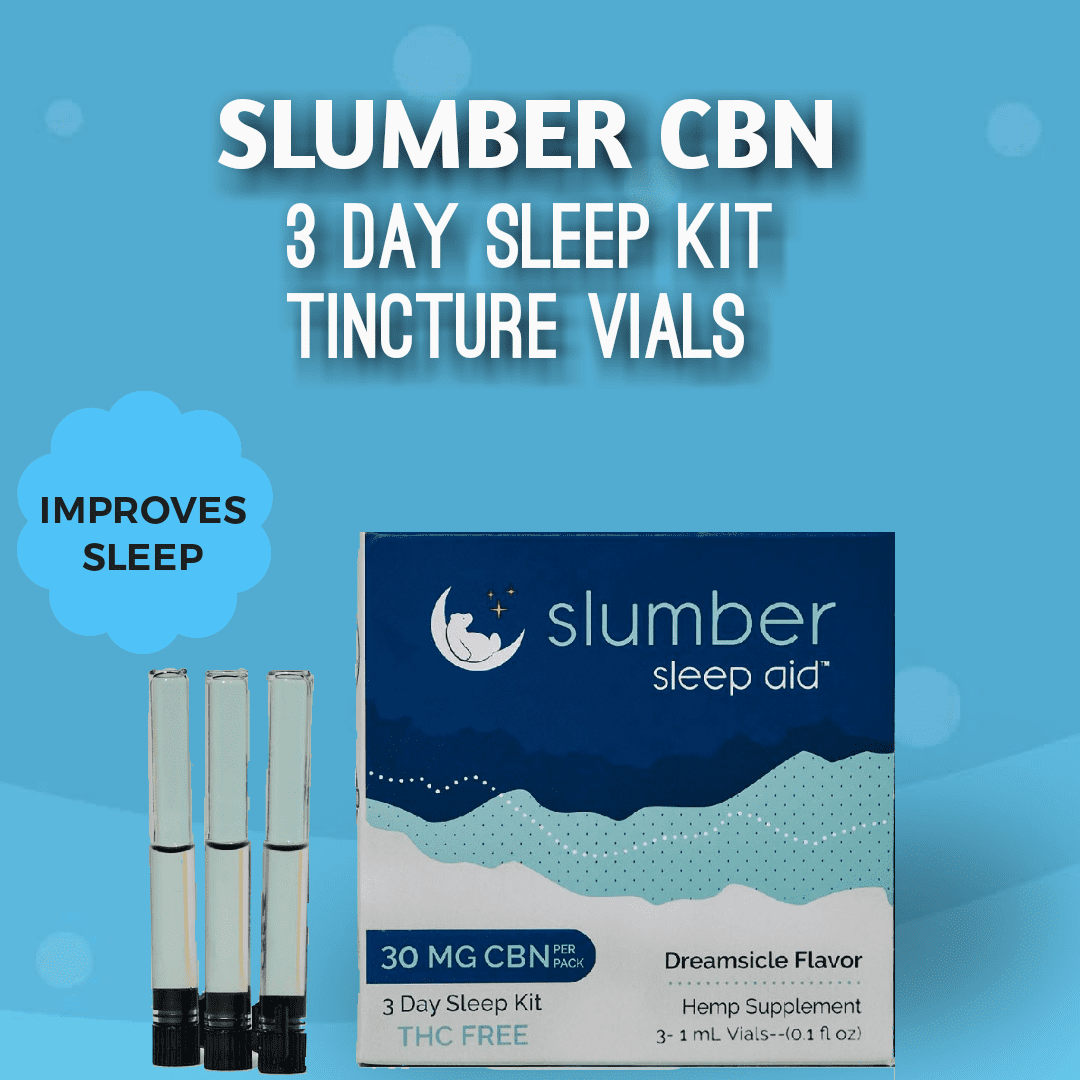
It’s important to note that while nootropics can aid in sleep, their efficacy and safety can vary based on individual factors, such as a person’s overall health, their specific sleep issues, and how they interact with other medications or supplements. Therefore, it’s always recommended to consult with a healthcare professional before starting any new supplement regimen, especially for sleep-related issues.
How Nootropics Aid Sleep for those seeking natural remedies the ones mentioned in this article are just some of the most commonly used ones, always do your own research and speak with a doctor before using any supplements.
FAQs
Can nootropics help me fall asleep faster?
In fact, some nootropics may have stimulating effects and could interfere with your ability to fall asleep. It is recommended to consult with a healthcare professional before using any nootropic supplement or drug, especially if you have trouble sleeping.
What are some natural nootropics that may aid in sleep?
Chamomile is an herb that may have sedative properties, and can be consumed as a tea. Passionflower is another herb that may have calming effects and could potentially help with falling asleep faster. It is important to note that while these natural nootropics may aid in sleep, it is still recommended to consult with a healthcare professional before using any supplement or drug.
How do nootropics like L-Theanine aid in sleep?
Can nootropics help with insomnia or irregular sleep patterns?
Are nootropics safe for managing stress-related sleep issues?
How do nootropics improve the quality of sleep?
Can nootropics enhance cognitive function through better sleep?
Sources:
- NCBI: https://ncbi.nlm.nih.gov/
- NSF: https://www.thensf.org/
- NIH: https://www.nih.gov/
Related Articles:
- Understanding Sleep And Insomnia With Dr. Lucinda Sykes
- Nootropics 101 What You Should Know
- Treating Insomnia 15 Tips To Aid Sleep
- Lower Cortisol Levels Natural Approach
Meet The Author


